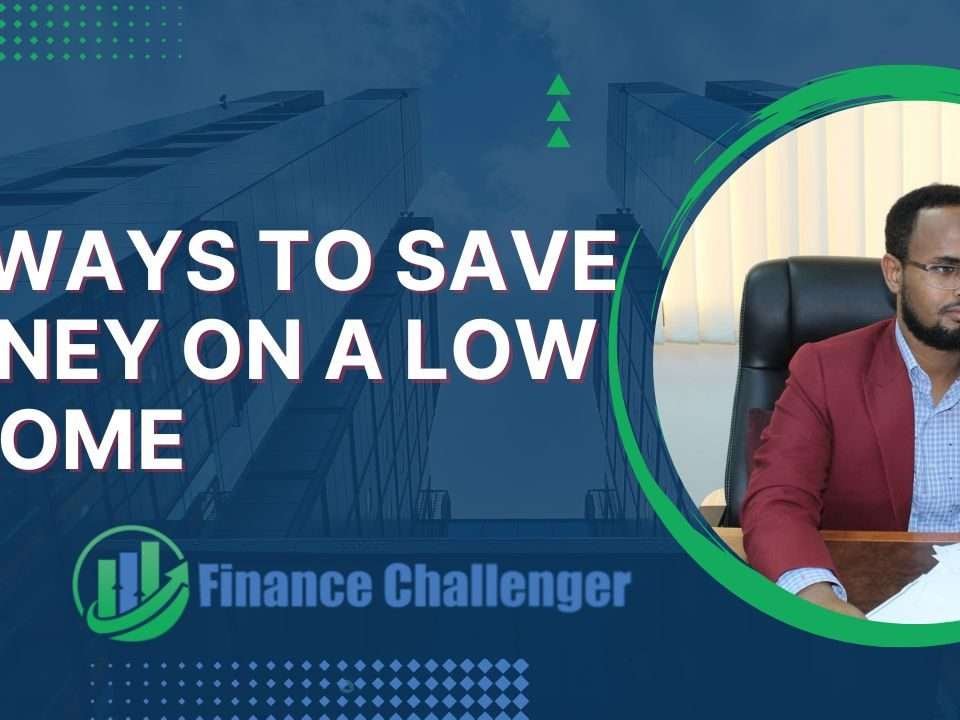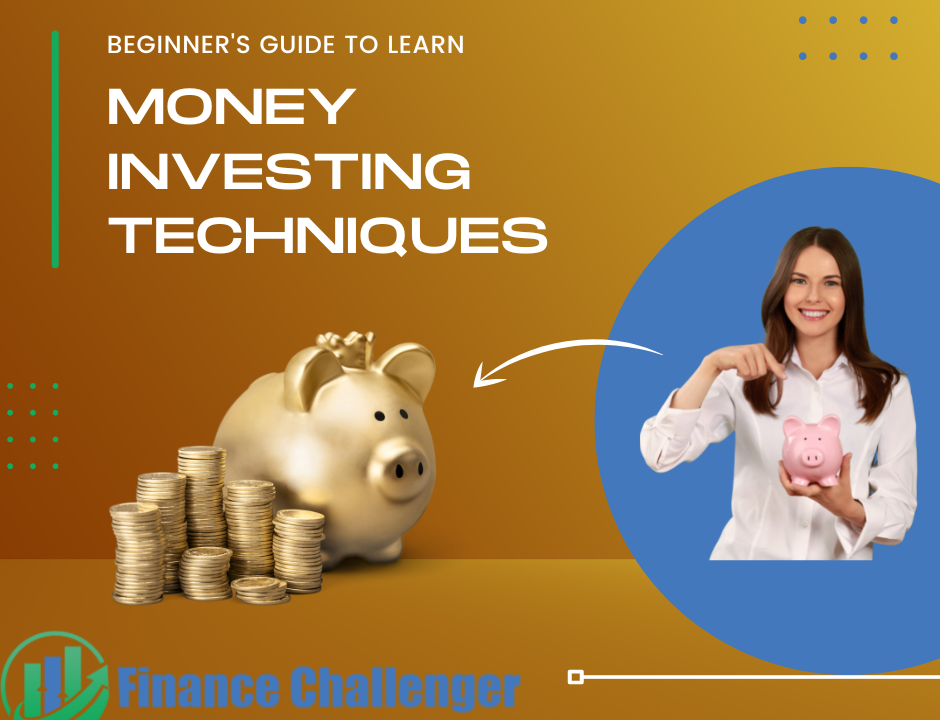
Reasons of Financial Problems and Ways to tackle them
August 23, 2022Best Investment is an asset and not a liability
The investment game resembles test cricket. To win, you must have patience, discipline, perseverance, planning, and a strong determination. Like a test match, where victory is determined by how many sessions a team wins, investment requires winning the small battles along the way to achieve success in the end. in this article we will explain in different angel that the Best Investment is an asset and not a liability.
Long-term investment justifies instilling these characteristics. Long-term investing is the way to go if you want to build a substantial retirement corpus, save for your child’s higher education, or beat inflation and the core is to understand that best investment is an asset and not a liablitiy.

Why Should You Invest?
Investing your money is essential for several reasons. You want to build wealth to help you in times of need if you lose your job or for future goals. You should also take advantage of compounding while accounting for inflation so that your money does not lose value over time. Furthermore, if you intend to stop working and retire at some point, investing is critical to achieving those objectives.
- Do you know that storing money in your wardrobe or under your mattress is a risky practice? You never know when burglars will break into your home or when you will be robbed. You wouldn’t want to risk your family’s or your own life. Is it really prudent to keep your money in a bank? Does it provide you with adequate returns? NO is the answer. Keeping your money with you is keeping it dead in the market because it is not being rotated. Keep in your mind that you are not alone; there are many others who share your desire to keep their money at home.
- Focusing on today and the needs of the day is important; however, these needs will never end; they will only grow with time and as you grow. Remember that you are able to meet your needs today because you are earning enough and thus able to spend. What happens if you stop working? What happens when you retire? Employers today do not provide you with a pension because the majority of us work for private organizations.
- You work hard to make each penny, whether it is to spend on basics, luxuries, or to save. In the meantime, what is your money doing in the locker or the safe or the bank account? Nothing was simply dozing off.
- Do you realize your money can make you money? When your money is directed in the right direction, on the right path, it can earn you more than you expect. Yes, the path to meet a goal must be the right path, whether it is the market directly, mutual funds, or insurance. Concentrate on your future needs, and you’ll know where and how to invest. If you lack investment knowledge, take the advice of a professional.
- Each of us has financial goals in life, which may include your child’s higher education, retirement, wealth accumulation, and so on. All of these dreams can be met by directing your money in the right direction in the right way; however, if you do not do so, your money will be lost in your bank account and lockers. Neither your locker nor your bank account will provide you with the funds you need to meet your financial objectives. The reason for this is that if your money is not invested correctly, it is either stagnant or close to it.
- Investments are the saving, and it is saving the right way. Remember that when you invest in the market through a fund manager, an agent, a stockbroker, or an insurance company, your money is put to work more aggressively, and this includes your capital money or investments as well as the interest, dividend, higher NAV, and so on.
- Nobody knows when they will need money and for what reason; no one can predict the future. As an outcome, all you can do is save money; yes, saving money is extremely important. If something goes wrong and you need money quickly, you can withdraw your money from the market and use it in an emergency. If you die, your family members or legal heirs can use the money to meet their basic needs or continue the same investments.
- Money is money, and market money will always grow. You can always rely on your money for your family or your requirement. Remember, if your investments are invested rightly, they will always give you more than you expect.

How to invest?
Know Your Financial Goals
Consider your overall financial goals before beginning long-term investing. The ultimate goal of any investment is to achieve a goal. As a result, you are unlikely to succeed in the rigors of long-term investing unless you have a precise understanding and vision of your goals.
Divide your goals into three broad categories: short, medium, and long term. While short-term goals can be accomplished in six months to a year, medium-term goals can take three to five years to complete. Long-term goals, on the other hand, have a time horizon of ten years or more.
Once you know what your goals are, you can estimate how much money you’ll need to achieve them. It will assist you in organizing your finances and, more importantly, will motivate you to save and invest for them. So you need to go back to the drawing board, and write down your life goals, take stock of your finances, and get started. the best understanding of “best investment is an asset and not a liability” is simply invest real estate business by purchasing a house and not for stay.
Start Investing Early
Because long-term investing requires discipline and patience, it is critical to begin early. An early start instills financial discipline and allows compounding to take effect. Compounding has a multiplier effect on the creation of wealth. It also aids in the accumulation of a larger corpus. As a result, being an early bird has advantages. It allows your money to grow over time and allows you to offset inflation.
Investing in Instruments That Have a Long Lock-in Period
Another way to stay invested for a long time is to buy instruments with a long lock-in period. The lock-in serves two functions. It prohibits premature withdrawals and allows compounding to take effect. Certain financial instruments, such as the public provident fund (PPF) and the National Pension System (NPS), have lengthy lock-in periods.
Avoid individual stocks if you don't want to do research
Individual stocks can help you earn higher returns than S&P 500 funds. But don’t pick stocks unless you’re willing to do your homework. If you seek high returns by investing in the latest hot stock, you will almost certainly overpay.
Investing in penny stocks (stocks priced at a couple of dollars or less) is a bad idea, regardless of your level of experience. Those stocks are usually cheap because the company is in trouble or has never been profitable. Your probabilities of losing your entire investment are extremely high.

Invest in Equities
Equities are highly volatile, particularly in the short term. They can, however, be equally rewarding and have the potential to outperform inflation in the long run. Panicking and exiting in response to short-term market fluctuations can turn theoretical losses into actual losses.
The allure of earning inflation-indexed returns from equities drives many investors to stick with their investments for extended periods of time. They are also rewarded for this. For example, when the World Health Organization (WHO) declared Covid-19 a pandemic in March 2020, many investors remained committed despite seeing their returns fall into the red.
Their perseverance ultimately paid off, with markets recovering astoundingly well. Returns soared, and shortly investors were sitting on meaty gains. Equity investment also makes patience to stay committed for long periods.
Ignore Market Noises
Markets are full of opinions and points of view that seem to fly thick and fast, especially when things go wrong. Suddenly, everyone becomes an expert and shares their thoughts. Noises must be avoided when investing for the long term because they serve as distractions and can derail your plans.
If the situation calls for it, consult with your financial advisor, who is familiar with your financial plan, positioning, and goals and ask him to guide you more about Best Investment is an asset and not a liability. Market noises frequently force investors to act on impulse, resulting in poor investment decisions. As an outcome, keep an eye on the big picture and stay focused on your objectives. Do not begin following the stock market simply because it has crashed.
The worst time to begin obsessively following the stock market is right after it has crashed unless you have a long-term perspective and see it as an opportunity. If the market just crashed and your stomach is in knots, try reading up on crash facts instead of focusing on what just happened. You’ll discover that stock market crashes are extremely common and that the market has always recovered.
Look around you for investment ideas.
You may ultimately decide that you want to learn more about the stock market. Begin by following a few companies that provide products and services that you value. Learn more about the companies competitive advantages, what analysts think of them, and how they make money by researching them.
If you find a company in which you want to invest, you should not invest a large portion of your portfolio all at once. In fact, many brokerages allow you to buy fractional shares, allowing you to invest small amounts without purchasing an entire share.
Diversify
While individual brilliance can support you win a game or two, winning requires a team effort. The same is true for long-term investing. You cannot, or should not, rely on a single financial instrument.
Diversify your holdings across asset classes – including equities, bonds, and gold – as well as within asset classes. Spread your equities investments across large-cap, mid-cap, and small-cap funds, for example. Diversification stabilizes your portfolio and balances risk and reward.
An effective risk-hedging strategy is an optimal diversification. Optimal diversification, a fundamental investment principle, also boosts returns because market events affect each asset class differently.
Bottom Line of Best Investment is an asset and not a liability
Long-term investing necessitates regular review. This is because of the fact that circumstances change over time. The review will assist you in weeding out laggards and tailoring your investments based on your objectives. Long-term investing has numerous advantages. Doing things correctly can also help you stay on the solid financial ground, and on your way to financial freedom.
we reach the conclusion of this article and we hope you have some understanding of Best Investment is an asset and not a liability and if you are interesting more topics you can read the following articles related personal finance knowledge. this below topics can give more insights about ‘Best Investment is an Asset and not a Liability’





